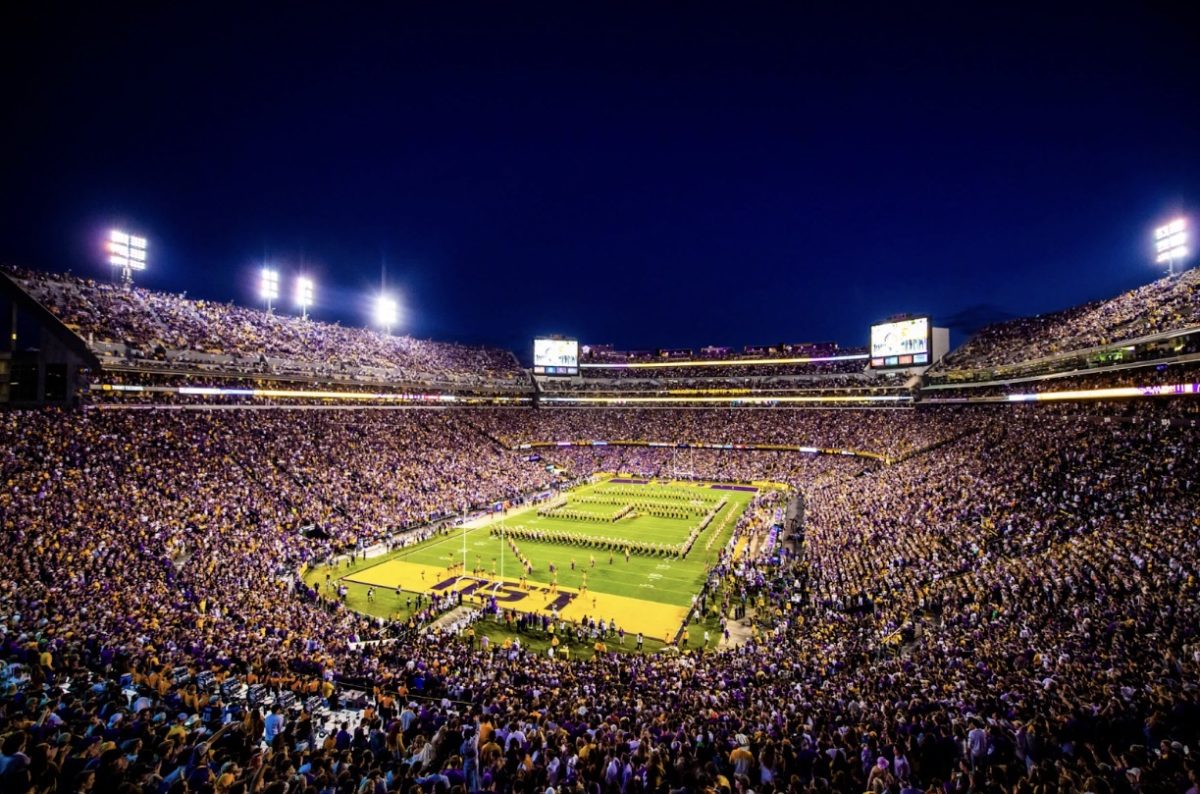iPad privacy
November 7, 2014
The implementation of iPads for all members of the class of 2018 this fall has brought students a new method of learning. The technology allows the user immense capability; however, some students fear that the school compromises their privacy, and the tools are not truly free for their personal use. This is for the most part false, as the iPads offer a multitude of benefits when used appropriately.
Rumors have spread throughout the school that if a student uses Glenbard Wi-Fi that they are being “watched.” Furthermore, students have been concerned that technology services were closely monitoring their apps, text messages and photos without their consent. However, this is entirely false. Technology Services does not have unlimited access to one’s device, rather, it can see what apps one has downloaded, what one has searched and if one has attempted to access blocked networks. In summary, the school is only aware of one’s digital footprint when one has done something against school code, which is logical. If a student is using the iPad for personal reasons and following appropriate technology use, his/her privacy is not compromised, and he/she is not being monitored.
The iPads, when used appropriately, offer students personal entertainment while more importantly offering an immense educational opportunity. Students have the ability to connect with their teachers outside of class on platforms such as Notability, a digital note and lecture platform, as well as Schoology, both without desktop computers. Students have also been equipped with digital textbooks, such as the Pearson app and digital copies of novels through iBooks.
The iPads also give South students a competitive advantage within the job market. Many companies utilize tablets for communication and connections, cashiering and inventory.
Some students have had issues in terms of charging as a dead battery within a freshman class can severely inhibit classroom productivity. In response, the school has placed “charging bars” in the commons and LRC as well as encouraging teachers to allow students to charge their batteries in class.
In all, students should realize that iPads are not the weapons of a “Big Brother” like administration that is attempting to access their personal information. The administration and technology services are only interested in monitoring internet use when it is inappropriate or unsafe. Students who choose to refrain from inappropriate use are awarded innovative technology that they can use both in high school and far into the future.





























